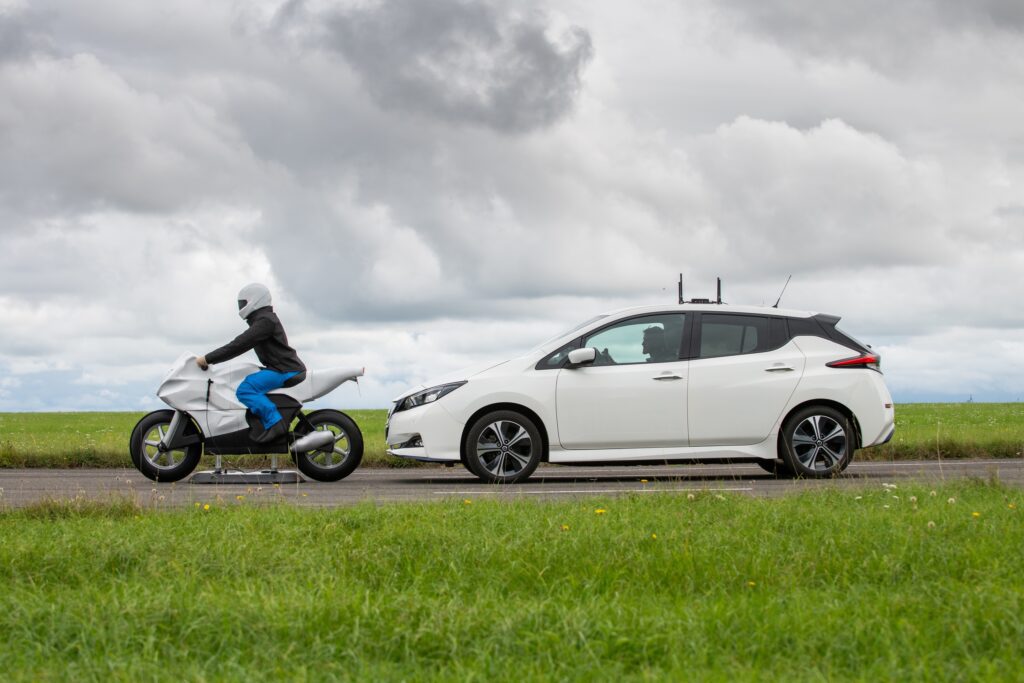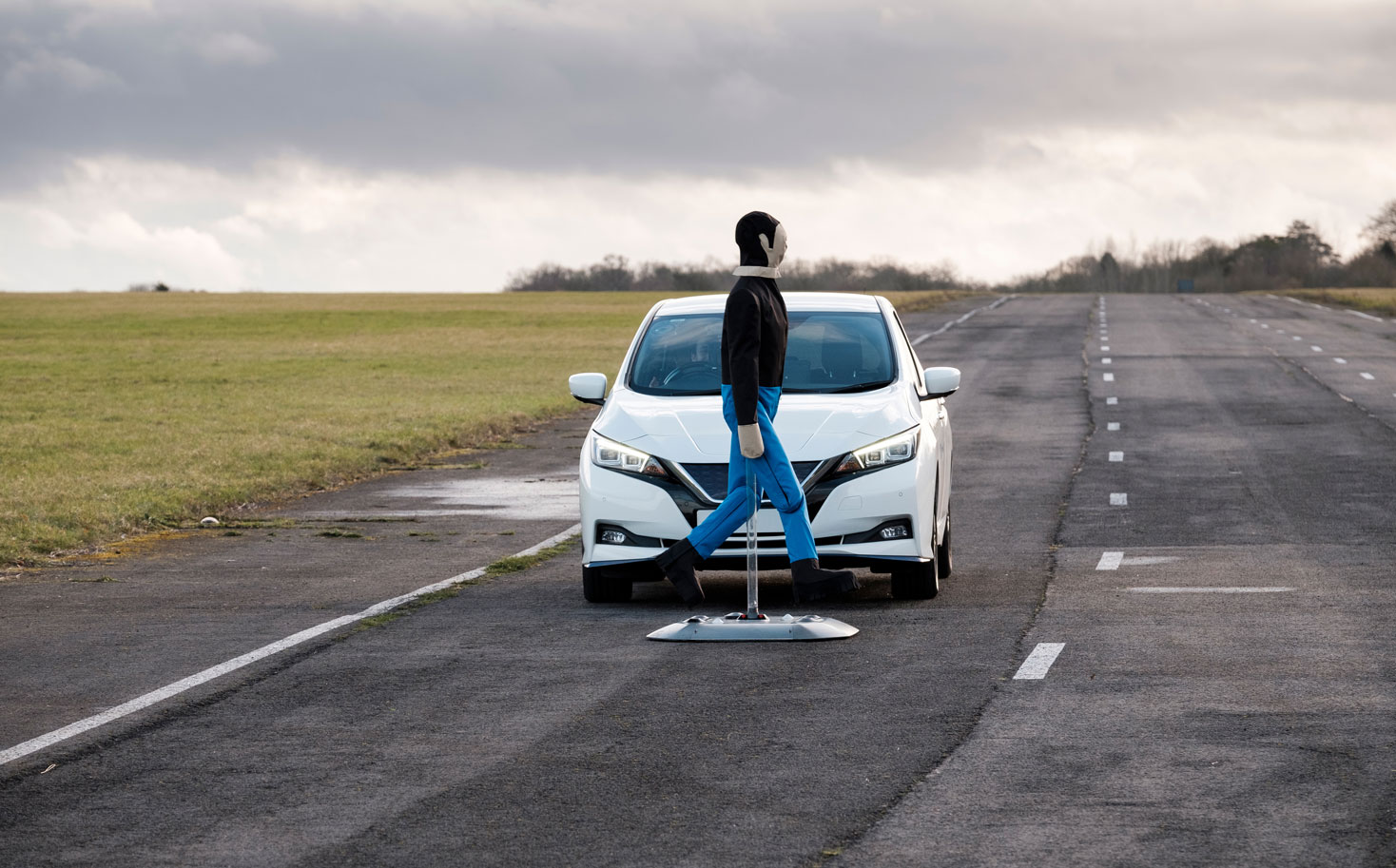DRI secures 5 NHTSA research contracts to advance vehicle safety testing

We are pleased to share that DRI has been awarded five National Highway Traffic Safety Administration (NHTSA) vehicle safety research contracts. The aim is to advance the safe deployment of ADAS and automated driving technologies.
The contracts will enable us to establish and validate new test procedures to better assess the safety performance of vehicles equipped with these systems. The test protocols will be based on real-world crash data analysis and market research to understand the operational performance capabilities, limitations, and reliability of existing ADAS technologies.
We will also collaborate with the industry and standards-setting organizations to explore methods and tools for conducting this testing more efficiently and effectively, to lessen the burden on manufacturers and test houses.
Nadine Wong, our Director of Track Testing, said: “The ultimate goal of these research projects is to improve road safety by increasing the effectiveness of ADAS testing. By basing new test protocols on real-world crash data, it helps to ensure that ADAS technologies are being thoroughly challenged in ways that will directly translate into safer roads. With our unique perspective of conducting ADAS tests daily for OEMs and NHTSA at our California proving ground, as well as the research expertise we have in-house, we are well-equipped to develop and trial future test protocols.”
The projects will focus on five specific areas:
- Light vehicle Blind Spot Intervention (BSI) and Lane Change Assist (LCA): This project will create and test a new test matrix to evaluate and improve BSI and LCA technologies. The new protocols, based on real-world crash data analysis, aim to avoid, or minimize the impact of the most frequent crashes in lane-change or merging vehicle scenarios.
- Vulnerable Road User (VRU) Automatic Emergency Braking (AEB) research and variation analysis: The first part of this project will examine PAEB technologies with a focus on intersection scenarios for both pedestrians and other VRUs. The second part will be an analysis of performance sensitivity to variations in the test, such as lighting, weather, pedestrian gait or obstructions. This will provide a better understanding of the systems’ performance in real-world scenarios.
- Alternative Test Termination Methods: This project aims to understand methods for effectively and safely testing the variety of challenging scenarios that may be encountered for various ADAS testing, such as high-speed test runs or large, complex test matrices. DRI will explore ways to step through a large test matrix ensuring comprehensive testing while minimizing the test burden that would result from the large variety of test scenarios included. It will also evaluate alternative methods that prevent test collisions if the ADAS system fails to intervene timely or reduce the severity of damage should a collision be unavoidable. A failed ADAS test can result in substantial damage to the test vehicle or the test equipment, resulting in increased costs and significant delays. Methods of mitigation may be predictive programming to abort a collision should the test fail or the use of ultra-lightweight ADAS targets.
- Heavy Vehicle PAEB and BSI: The final two projects focus on the research and development of testing for medium and heavy-duty vehicle’s ADAS capabilities, which include PAEB and blind spot warning and intervention systems. The aim is to develop and trial a suite of new test protocols, based on crash data and market research, to thoroughly challenge these technologies. The two contracts will cover interactions with passenger vehicles as well as VRUs, such as pedestrians, bicyclists, and motorcyclists.
We provide testing services at our privately owned test facility near Bakersfield, California. The facility has been purpose-built for the development and validation of ADAS technologies.
“At DRI, we have conducted ADAS testing across a whole range of sensor technologies, vehicle types and regulations,” continues Wong. “We understand what challenges ADAS systems, and the workload implications test matrices have on vehicle manufacturers and test houses. Leveraging this experience of both formulating and implementing test protocols, we can provide comprehensive and uniquely insightful evaluations of ADAS technologies.”
For more information about our testing services, please contact us at info@dynres.com.



